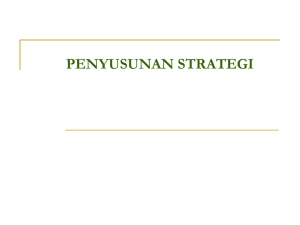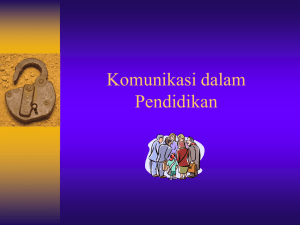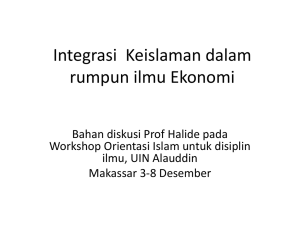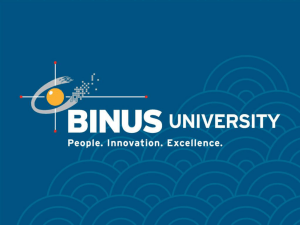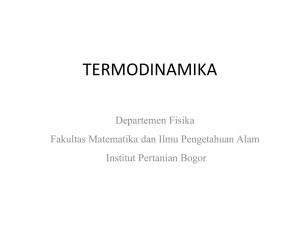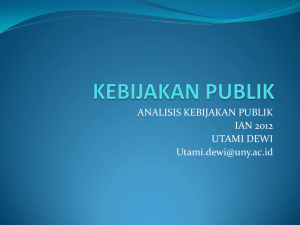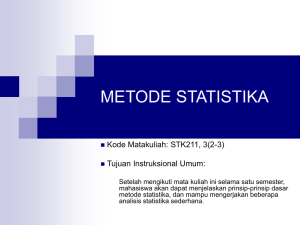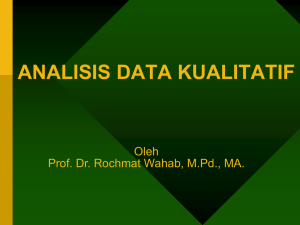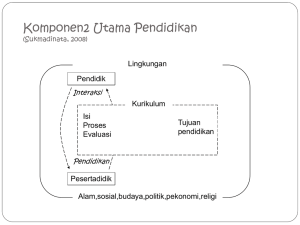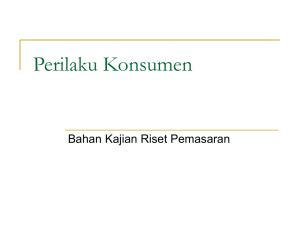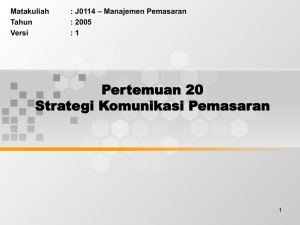komponen-perencaan-program-p-proses-12
advertisement
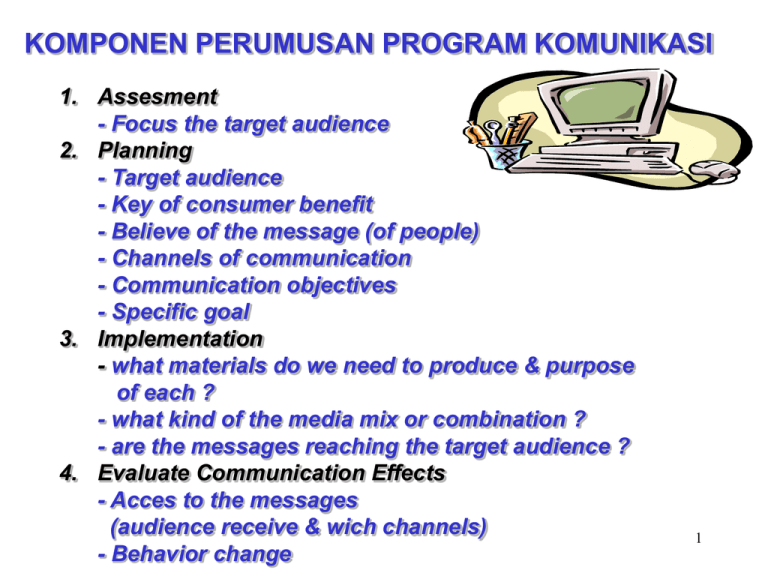
KOMPONEN PERUMUSAN PROGRAM KOMUNIKASI 1. Assesment - Focus the target audience 2. Planning - Target audience - Key of consumer benefit - Believe of the message (of people) - Channels of communication - Communication objectives - Specific goal 3. Implementation - what materials do we need to produce & purpose of each ? - what kind of the media mix or combination ? - are the messages reaching the target audience ? 4. Evaluate Communication Effects - Acces to the messages (audience receive & wich channels) - Behavior change 1 PROSES PENGEMBANGAN PROGRAM KOMUNIKASI The P-Process 1. Analisis 2. Perancangan Strategis 3. Pengembangan, Pre Testing, dan Produksi 4. Manajemen Implementasi dan Monitoring Program Komunikasi 5. Evaluasi Dampak 2 ANALISIS KEBIJAKAN DAN PROGRAM KOMUNIKASI • Kebijakan apa yang sedang berjalan (dari pemerintah) - Kebijakan tentang media - Tingkat akses sasaran tentang media akibat kebijakan tersebut - Sensor terhadap produk media tertentu • Identifikasi faktor tantangan dan peluang/kekuatan dan kelemahan (SWOT) ANALISIS KELEMBAGAAN • Review organisasi yang ada sejauh mana efektif - Kompetensi - Komitmen - Pengaruh - Cakupan garap/jangkauan - Kontinuitas/Sustainability & continuity • Public sector atau Private sector 3 ANALISIS SUMBER KOMUNIKASI Identifikasi mana sumber-sumber yang paling efektif menjangkau audien (primer/sekunder) ANALISIS KOMPREHENSIP • Mampu menjadi petunjuk bagi baseline informasi • Time table pelaksanaan • Berlaku untuk melayani kepentingan jangka panjang (untuk design strategis, pelaksanaan dan alat bagi policy maker atas efektifitas program). 4 METHODOLOGY FOR HEALTH COMMUNICATION A DECISION-MAKING APPROACH 5 A DECISION MAKING APPROACH Five-step methodology: 1. Assessing; 2. Planning; 3. Developing, testing materials, and refining the elements of the plan; 4. Implementing communication activities; 5. Evaluating results and using feedback to refine the program. 6 1. ASSESS An assessment of the communication needs of the Expanded • Program • What • Practices are being promoted • Which are the primary target groups • Is trying to reach. 2. PLAN • • • • Target audience. The practice to be promoted. The channels of communication. The strategy to be used. 7 3. DEVELOP, TEST, AND REFINE • What communication materials do we need to produce, and what will be the purpose of each of these materials ? • What is the media mix, or the combination of communication channels, that will we use ? • How are we going to reach the network with messages about the communication program ? 8 4. IMPLEMENT • Ready to deliver the messages. • Question: - Are the messages reaching the target audience ? - Are materials reaching ? - Are there any operational problems ? 5. EVALUATE COMMUNICATION EFFECTS • Regular monitoring of the communication program • Pre- and post-campaign measures of knowledge, and attitudes 9 LANGKAH PENGEMBANGAN PROGRAM (PESSON) 1. PENGUMPULAN DATA/FAKTA 2. ANALLISIS SITUASI 3. IDENTIFIKASI MASALAH 4. PENENTUAN TUJUAN 5. PENGEMBANGAN RENCANA KERJA 6. PELAKSANAAN RENCANA 7. PENENTUAN KEMAJUAN/ EVALUASI 8. REKONSIDERASI/PERTIMBANGAN KEMBALI 10 CONTOH: PERUMUSAN STRATEGI KOMPETITIF A. APA YANG SEDANG DILAKUKAN PERUSAHAAN: • STRATEGI APA YANG SEDANG DIPAKAI • ASUMSI YANG DIGUNAKAN AGAR STRATEGI BERMAKNA B. APA YANG SEDANG TERJADI DLM PERSHN • ANALISIS INDUSTRI/ SWOT • ANALISIS PESAING • ANALISIS SOSIAL ( BERDASAR PADA HASIL ANALISIS SWOT DAN PESAING) C. • • • • APA YANG SEHARUSNYA DILAKUKAN: PENGUJIAN ASUMSI DAN STRATEGI IDENTIFIKASI ALTERNATIF2 STRATEGIK PENENTUAN PILIHAN STRATEGIK ( hubungan antara situasi kini, peluang dan ancaman eksternal). 11
